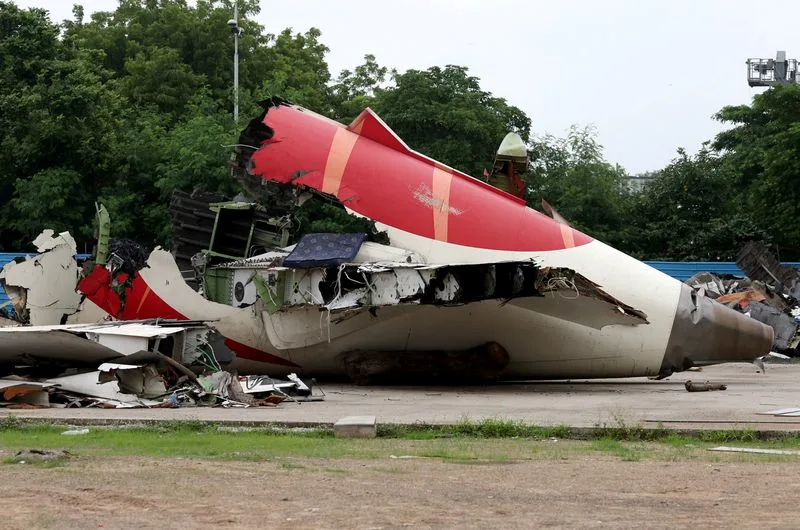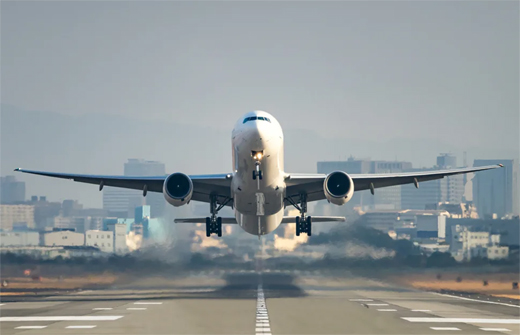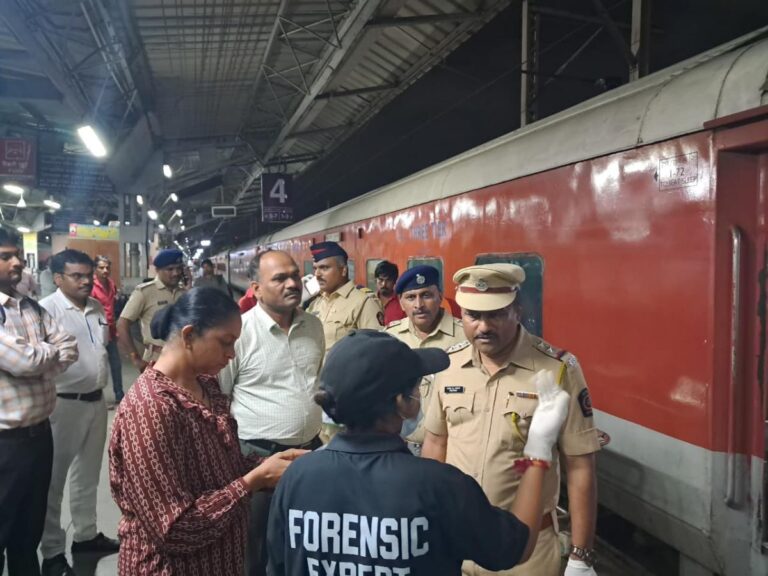Assigning Blame Before the Full Story: A Deep Dive into Reactions to AI‑171’s Preliminary Crash Report
Summary of the News Article
On July 16, 2025, the Federation of Indian Pilots (FIP) voiced concern over the preliminary report on the crash of Air India Flight AI‑171, which went down near Ahmedabad on June 12, 2025. The FIP criticized early speculation and assignment of blame, calling them premature and irresponsible, cautioning that such narratives could skew the investigation and harm the reputation of the flight crew. They urged restraint from all stakeholders until the full, data-backed inquiry is complete
Introduction
Have you ever been in a situation where everyone jumped to conclusions without hearing the full story? Think gossip at the office or a rushed news headline—and it steers your whole perception before the facts even drop. That’s exactly what’s happening with Air India Flight AI‑171’s crash report. The crash on June 12, 2025, near Ahmedabad, claimed 260 lives and rattled the aviation world. Recent disclosures suggest engine fuel switches were flipped off mid-flight, and speculation is swirling faster than a jet engine. But before we point fingers, let’s pump the brakes and explore why experts are warning—this might be premature.
1. What the Preliminary Report Says
- Fuel switch actions: AAIB’s initial findings show both engine fuel control switches flipped from RUN to CUT‑OFF within one second shortly after takeoff, leading to engine shutdown
- Cockpit confusion: Black box dialogue reportedly captured one pilot asking why the switches were cut off, while the other denied responsibility
- Uncertain cause: The report does not assign blame or indicate intentional or accidental action, and hints at the need for more data
2. Why the FIP Says “Too Soon to Conclude”
a) Request for Patience & Inclusion
FIP asserts that:
- Conclusions are emerging too early, potentially poisoning the investigation.
- No pilots were included in early probe stages.
- Selective info release may unfairly tilt narratives
b) Professional Reputation’s at Stake
When reports hint at human error or worse, mental health lapses, it:
- Tarnishes well-earned credibility.
- Adds stress to families and colleagues already facing trauma .
c) Objections from Other Pilot Bodies
International (IFALPA) and national (ALPA‑India, ICPA) pilot unions echoed the sentiment:
- “Raises questions without answers” is their refrain.
- They warn against bias toward pilot error, calling for transparency and fairness
3. Media vs. Methodology: The Power of Premature Narratives
In today’s digital age:
- Breaking news races ahead, while investigations crawl.
- A juicy tidbit (like pilot switch actions) can go viral—sparking suspicion. Cue runaway social feeds.
- But as Reddit users noted, aviation probes are preventive, not blame-focused
Think of it like court vs. tabloids—the former demands patience, evidence, and cross-examination. The latter thrives on “Did pilot do it?!” drama.
4. Understanding Technical Context: Are Fuel Switches Easy to Flip?
a) Design & Safeguards
- Boeing 787 Dreamliner fuel control switches are guarded, built to prevent accidental moves .
- Yet, mechanical safeguards can fail, or human error could play a role.
b) Mechanical Theory
- 2018 FAA bulletin flagged possible “fuel switch gate malfunctions” in some models—potentially allowing inadvertent action .
c) Human Factors Theory
- Accidental muscle-memory errors (e.g., grabbing the wrong lever during climb) have been floated
- Some aviation insiders say a bump or vibration could trigger movement—though there’s no evidence of rough conditions at takeoff .
5. Pilot Mental Health: Navigating a Sensitive Topic
a) Pressure & Personal Loss
- Rumors hint at Captain Sabharwal’s recent grief (mother’s passing) and nearing retirement—a vulnerable time
- While India’s DGCA requires medical clearance (he’d cleared it in September), mental health remains stigmatized in aviation circles.
b) Mental Wellness vs. Stigma
- Experts emphasize support over secrecy. One Redditor wrote: “Mental health can attack anyone… pilots need to be reassured that seeking treatment will not be penalized.”
c) Why It Matters
- Hurried narratives of pilot suicide or depression could stigmatize aviators and discourage needed healthcare.
- A fair probe must differentiate mechanical failures, inadvertent error, or deliberate harm—each demands tailored response.
6. Holistic Safety: What a Complete Report Should Cover
- Cockpit Video: There’s renewed interest in adding visual data to support voice & telemetry logs .
- Mechanical Testing: FAA bulletin review, switch integrity checks, Boeing’s internal analysis.
- Human Factors Analysis: Crew fatigue logs, CVR transcripts, psychological profiling.
- System Redundancy: Did other systems (e.g., TCMA, autothrottle) fight the shutdown or exacerbate it?
- Control Architecture: Wiring & effector chain scrutiny to rule out anomalies
This ensures conclusions are layered and not reliant on a single artifact like switch position.
7. Global Cooperation: Shared Lessons, Shared Protocols
- U.S. NTSB Chair Jennifer Homendy has reportedly been briefed on cockpit data
- India, South Korea have already ordered Boeing 787 fuel switch inspections—aligning with global caution
- IFALPA and ALPA-India are calling for transparent, standardized procedures—independent audits, in-depth technical collaboration, no rushed FRIs.
Frequently Asked Questions (FAQs)
1. Why is the FIP calling out the preliminary report?
They believe it’s premature to suggest pilot responsibility before mechanical, procedural, and human factors are fully analyzed
2. Could fuel switches flip off accidentally?
It’s extremely unlikely: switches are guarded. But mechanical faults or tactile mistakes can’t be ruled out until tested .
3. Is there evidence of pilot mental health issues?
Rumors mention personal grief, but no official psychiatric findings yet. Aviation norms demand routine mental health prescriptions be confidential and non-prejudicial .
4. How long until the final investigation is complete?
Typically months. Expect detailed crash reports including CVR/black box analysis, forensic testing, ground interviews, and design reviews.
5. Will aviation policies change because of this?
Likely. Regulators may impose design audits, cockpit video mandates, mental wellness initiatives, and refined training around rare but high-consequence failures.




